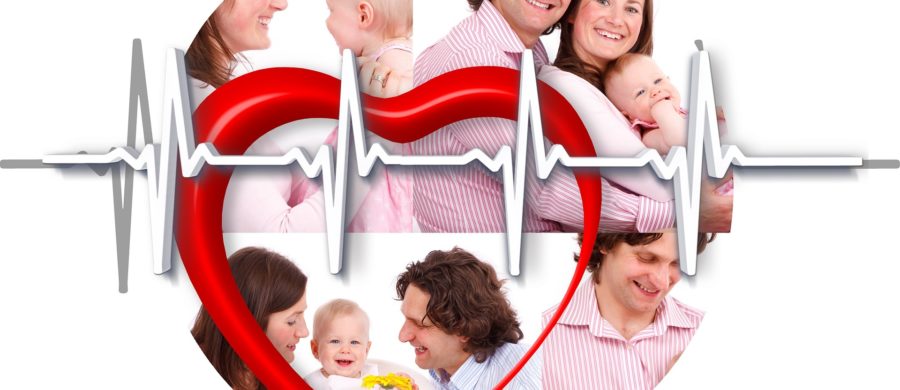DOCTOR-PATIENT RELATIONSHIP: WHEN DOES ONE CROSS THE LINE?
Openness and trust in communication with your doctor is the key to diagnostic success. Like all other relationships, the one between a physician and a patient requires time to build.
Patients usually build stronger relationships with doctors they have been seeing for a while. For example, if you are getting pregnant through IVF, expect frequent appointments with your obstetrician-gynecologist. This will undoubtedly make you get closer.
WHEN DO YOU CROSS THE LINE?
Every doctor knows how important it is for the patient to be calm and to talk freely about their symptoms. Every patient should feel comfortable asking all sorts of questions about their health. This means that the doctor is doing a good job.
No matter how wonderful your relationship with your doctor is, remember that you should keep it professional. This means that calling your doctor outside of working hours for no good reason is completely unacceptable.
Contrary to popular belief, doctors do not live in their office. They, like everyone else, have family, children and need adequate rest time. High demands and stress at the workplace cause many young doctors to be diagnosed with severe illnesses. According to many studies, medical professionals are among the most commonly diagnosed with depression.
EMERGENCY OR NOT REALLY?
Many late night calls to the doctor can be avoided by teaching patients which situations are truly urgent.
Emergency cases require immediate intervention. For example, a pregnant woman suddenly gets severe abdominal pain and a vaginal bleeding. If the situation is not immediately taken under control, there is a risk for both the mother and the fetus.
Nonemergency means that the solution to your problem can be delayed. Typically, such problems do not appear overnight, or at least the doctor’s appointment can wait until the next day- for example, joint pain or a cough.
Panic can easily cloud one’s judgment. If you are unable to tell if your case is an emergency or not, it is always better to call your doctor.













